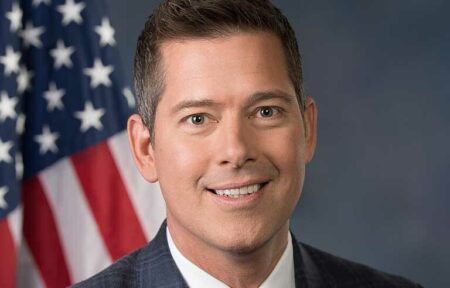The US Transportation Secretary, Anthony Foxx, will visit each of the seven finalist cities in the US Department of Transportation’s (USDOT) Smart City Challenge this week to meet with mayors and other local leaders as they work to complete their final proposals in time for the May 24 deadline.
In what is likely to be a hectic schedule, Foxx will visit: Pittsburgh, Pennsylvania, and Columbus, Ohio, on May 16; Austin, Texas, and Denver, Colorado, on May 17; San Francisco, California, and Portland, Oregon, on May 18; and complete his tour on May 20 in Kansas City, Missouri.
In March, Foxx announced the finalists, which were selected from a pool of 78 total applications. Each of the seven cities was awarded a US$100,000 grant to further develop their proposals. The eventual winner of the Challenge will receive up to US$40m from USDOT to help create a fully integrated, first-of-its-kind city that uses data, technology and creativity to shape how people and goods move in the future. The winner will be announced in June.
The first phase of the Challenge called for a high-level overview of each city’s plan to tackle transportation challenges; however, the winning city will be selected based on its ability to think big and provide a detailed roadmap on how it will integrate new technologies to demonstrate what the future of transportation can look like in action. Cities are also required to demonstrate how their plans will reach different demographics across the city, ensuring that people from all areas, levels of income and degrees of physical ability will enjoy the benefits of living in a ‘Smart City’. In order to help them reach their ambitious goals, the USDOT has been working with the cities to connect them with the program’s existing partnerships, which will support their final proposals with technical assistance.
The partners involved in the Smart City Challenge include:
Paul G Allen’s Vulcan Inc., which is offering an additional US$10m to the winning city to demonstrate ‘what’s possible’ by transforming a city’s transportation system into one that is electrified and low-carbon, in addition to showcasing new ideas and bold innovations; Israeli technology company Mobileye, which will equip the winning city’s public transit system with its Shield + safety system on every bus that helps drivers avoid and mitigate imminent collisions and protect vulnerable road users; Software developer Autodesk, which will provide finalists with access to, and training on, its Infraworks 360, a modeling platform that uses 3-D visualizations and real-world data to plan major engineering projects; Netherlands-based connected technology company NXP, which will provide the winning city with wireless communication modules that allow cars to securely exchange data over distances of more than a mile to prevent accidents and improve traffic flow; Cloud service partner Amazon Web Services (AWS) will provide solution architecture and best practices guidance to the finalists to help them use its services for Smart City solutions, as well as award US$1m of credits to the winner for its services; Alphabet’s Sidewalk Labs and the seven finalists will partner to design Flow, the first platform that can shape transportation outcomes using analytics and citizen engagement, with the company installing over information 100 kiosks in the winning city.
“As we enter the final weeks of the Smart City Challenge, I’m incredibly excited to meet with local leaders to learn more about their unique visions for the future of their cities,” said Foxx. “I look forward to hearing about the transportation challenges that they are facing and learning about their ideas to tackle them.”




